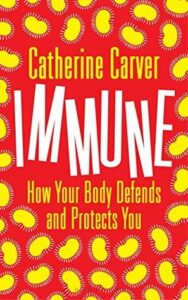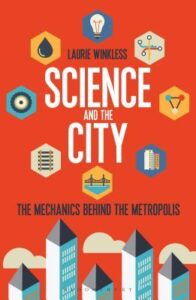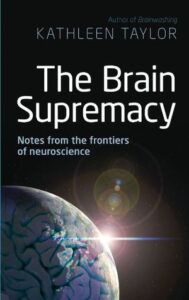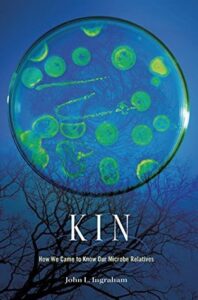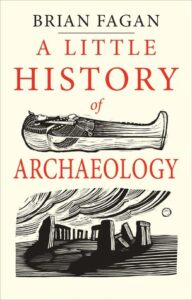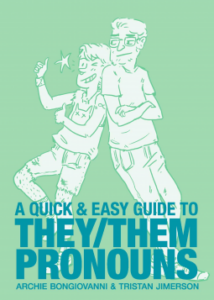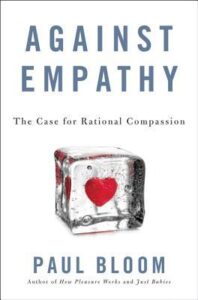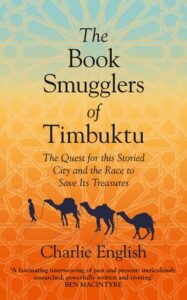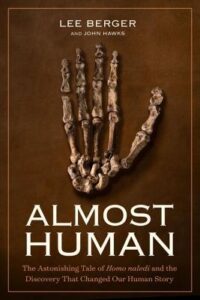 Almost Human, Lee Berger, John Hawks
Almost Human, Lee Berger, John Hawks
Way back possibly even before I was doing my biology degree, I was doing all the MOOCs (massively open online courses) I could, and one of them was run by John Hawks. So when I stumbled across this book I had to have it. I’ve always been vaguely aware of and interested in what’s understood about hominin evolution, but I mostly knew about the big classic hits like Lucy. Homo naledi, discussed in this book, is new and rather surprising.
The story of excavating the remains is also pretty fascinating, with a team of female scientists picked for their ability to wriggle into the cave systems to retrieve the items, and all the science and planning that went into understanding what was happening. The book does also include some info on Berger’s career in general, which is less interesting to me, but his excavations of hominin remains… it’s all astounding and exciting to me.
Knowing that Berger’s work can be controversial, I’d love to read some other takes on the same info. I might even dig into the journals while I still have access, before my degree’s done. Either way, it’s fascinating stuff, though.

